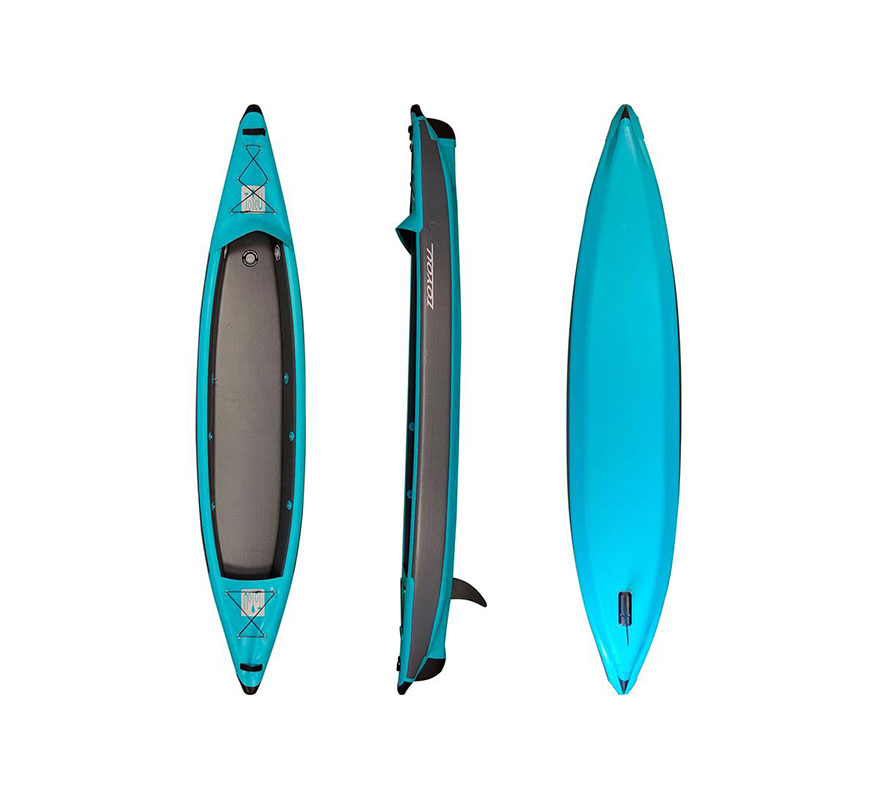Choosing an inflatable kayak involves understanding your intended use, physical needs, and preferences. Here’s a guide to help you select the right one:
1. Determine Your Primary Use
- Recreational Kayaking: For calm lakes and slow-moving rivers, look for stable and easy-to-maneuver kayaks.
- Fishing: Choose models with rod holders, extra storage, and stability.
- Touring or Long Distances: Opt for streamlined designs with skegs or rudders for tracking.
- Whitewater: Select durable kayaks with reinforced materials and self-bailing capabilities.
2. Consider the Kayak Type
- Sit-on-Top Kayaks: Easier entry and exit, suitable for fishing and warm climates.
- Sit-In Kayaks: Provide better protection from water and wind, ideal for cooler environments or touring.
- Convertible Kayaks: Can switch between single and tandem configurations.
3. Evaluate Size and Weight Capacity
- Check the weight limit to ensure it accommodates your weight and any gear you plan to carry.
- Consider the length:
- Short Kayaks (<10 feet): Better for maneuverability, ideal for small lakes or rivers.
- Long Kayaks (10-14 feet): Offer better speed and tracking, great for touring.
- Wider kayaks are more stable but slower.
4. Inspect Material and Build Quality
- PVC: Lightweight, affordable, but less durable over time.
- Hypalon or Nitrilon: More durable and resistant to UV rays and abrasions, often used for premium models.
- Look for drop-stitch construction for improved rigidity.
5. Consider Portability and Storage
- Choose a model that is easy to deflate, fold, and carry.
- Look for kayaks that fit into a backpack or duffel bag for convenience.
6. Accessories and Features
- Features to consider include adjustable seats, multiple air chambers (for safety), skegs for tracking, and paddle holders.
- Ensure the kayak comes with essential accessories like a pump, paddles, and repair kit.
7. Safety and Comfort
- Select models with multiple air chambers to stay afloat even if one punctures.
- Test the comfort of the seating and adjustability, especially for long trips.
8. Budget
- Recreational kayaks are typically more affordable.
- High-end fishing or touring kayaks with advanced features will cost more but offer better performance.
9. Read Reviews and Recommendations
- Check online reviews and forums for insights into performance, durability, and real-life experiences.
10. Try Before You Buy
- Rent or demo a kayak if possible to test its fit and performance.
By carefully evaluating these factors, you can find an inflatable kayak that suits your needs and preferences.

